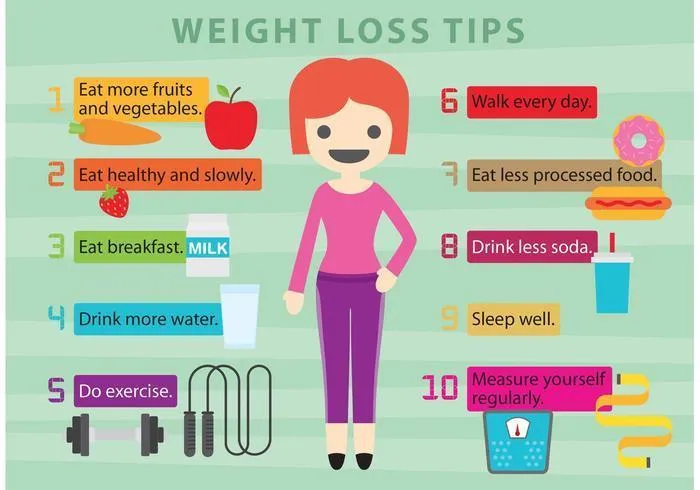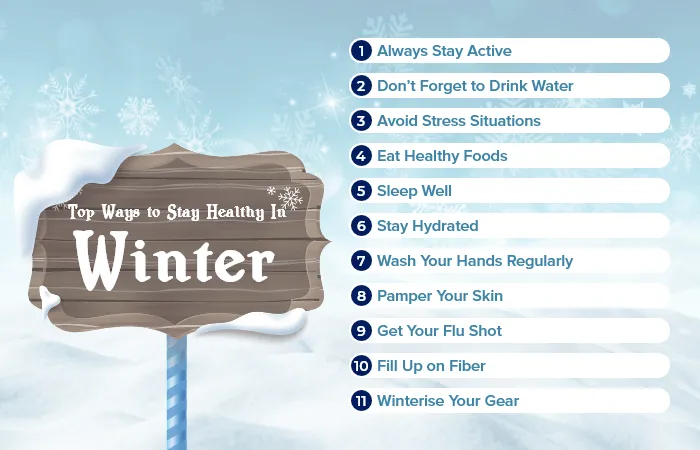Losing weight can feel like an overwhelming challenge, but with the right mindset and approach, it can be achieved in a healthy and sustainable way. Instead of resorting to extreme diets or weight loss pills, adopting natural health tips can help you shed excess pounds while nourishing your body. Here are practical and natural health tips to support weight loss and overall well-being.
1. Hydrate with Water
Water is essential for good health, and it plays a crucial role in weight loss.
- Why: Drinking water before meals can help control hunger, prevent overeating, and increase your metabolism.
- How Much: Aim to drink at least 8 glasses (2 liters) of water per day, and more if you’re physically active.
- Pro Tip: Add lemon or cucumber to your water to enhance flavor without added sugars.
2. Eat More Whole Foods
Whole, unprocessed foods are packed with nutrients and are much healthier than processed options.
- Why: Whole foods, like fruits, vegetables, lean proteins, and whole grains, are nutrient-dense, low in calories, and help you feel full for longer.
- What to Eat: Incorporate foods like leafy greens, berries, nuts, seeds, and lean proteins such as chicken, turkey, or tofu into your meals.
- Pro Tip: Plan your meals and snacks ahead of time to avoid the temptation of unhealthy processed foods.
3. Include Protein in Every Meal
Protein is an essential nutrient that helps build muscle and keep you satisfied longer.
- Why: Including protein in your meals can reduce hunger and prevent overeating. Protein also supports muscle mass, which is key for boosting metabolism and fat loss.
- What to Eat: Incorporate healthy protein sources like eggs, beans, lentils, fish, or Greek yogurt into your meals.
- Pro Tip: Choose lean protein sources and avoid excessive consumption of red meat or fried foods.
4. Practice Mindful Eating
Mindful eating is a practice that helps you develop a healthier relationship with food.
- Why: It encourages you to eat slowly, savor your food, and recognize your body’s hunger and fullness cues, preventing overeating.
- How to Practice: Focus on the taste, texture, and aroma of your food, and take smaller bites. Avoid distractions like television or phones during meals.
- Pro Tip: Pay attention to your body’s hunger signals and stop eating when you’re satisfied, not full.
5. Increase Fiber Intake
Fiber plays a crucial role in weight loss by improving digestion and helping you feel fuller for longer.
- Why: High-fiber foods are low in calories and take longer to digest, which helps control hunger and reduces the likelihood of overeating.
- What to Eat: Include fiber-rich foods like vegetables, fruits, whole grains, legumes, and seeds in your diet.
- Pro Tip: Start your day with a high-fiber breakfast, such as oatmeal with chia seeds or a smoothie with spinach and berries.
6. Limit Sugar and Refined Carbs
Refined sugars and carbs, such as white bread, pasta, and sugary snacks, can spike your blood sugar levels and lead to weight gain.
- Why: These foods provide little nutritional value and contribute to fat storage.
- How to Reduce Sugar: Swap sugary drinks for water or herbal teas, and choose whole grains over refined carbs.
- Pro Tip: Check food labels for hidden sugars in processed foods, and opt for natural sweeteners like honey or stevia when possible.
7. Get Enough Sleep
Sleep is a crucial aspect of a healthy weight loss journey, as it affects hormones related to hunger and metabolism.
- Why: Poor sleep can increase hunger and cravings, especially for unhealthy foods, and reduce your energy levels for exercise.
- How Much Sleep: Aim for 7–9 hours of quality sleep each night.
- Pro Tip: Establish a regular sleep routine by going to bed and waking up at the same time every day. Create a relaxing pre-sleep routine to promote better sleep quality.
8. Stay Active Every Day
Exercise is essential for weight loss, but it doesn’t have to be intense to be effective.
- Why: Physical activity helps burn calories, improve cardiovascular health, and boost metabolism.
- What to Do: Aim for at least 30 minutes of moderate activity daily, such as walking, cycling, or swimming.
- Pro Tip: If you’re new to exercise, start with shorter sessions and gradually increase the duration or intensity. Even simple activities like stretching or dancing can contribute to weight loss.
9. Manage Stress with Relaxation Techniques
Chronic stress can hinder weight loss by increasing the production of the hormone cortisol, which is linked to fat storage.
- Why: Stress can lead to emotional eating and cravings for unhealthy foods.
- How to Manage Stress: Practice deep breathing, meditation, or yoga to help reduce stress levels.
- Pro Tip: Take breaks throughout the day to relax, even if it’s just for a few minutes. Try journaling or taking a short walk to clear your mind.
10. Avoid Emotional Eating
Emotional eating can sabotage your weight loss efforts by leading to overeating or consuming unhealthy foods as a coping mechanism.
- Why: Stress, boredom, or sadness can trigger cravings for comfort foods.
- How to Prevent It: Recognize your emotional triggers and find healthier ways to cope, such as exercising, meditating, or talking to a friend.
- Pro Tip: Keep healthy snacks, like fruits or nuts, on hand to avoid reaching for unhealthy options when emotions arise.
11. Be Consistent with Portion Control
Portion control is an important aspect of weight loss.
- Why: Even healthy foods can contribute to weight gain if consumed in excess.
- How to Control Portions: Use smaller plates, and be mindful of serving sizes.
- Pro Tip: Listen to your body’s hunger cues and stop eating once you feel satisfied, not stuffed.
12. Incorporate Healthy Fats into Your Diet
Healthy fats, such as those found in avocados, olive oil, and nuts, can help you feel fuller for longer and support overall health.
- Why: Healthy fats provide essential fatty acids that help your body function optimally.
- What to Eat: Include sources of healthy fats like olive oil, avocado, almonds, and fatty fish like salmon.
- Pro Tip: Aim to replace unhealthy fats (such as trans fats and saturated fats) with healthy fats for better weight loss results.
13. Use Herbal Teas for Weight Loss
Certain herbal teas can support weight loss by boosting metabolism and reducing appetite.
- Why: Herbal teas like green tea and peppermint tea contain compounds that can help speed up fat burning.
- What to Drink: Drink green tea, ginger tea, or peppermint tea before meals to aid digestion and prevent overeating.
- Pro Tip: Avoid adding sugar or sweeteners to your tea, as they can negate the health benefits.
14. Track Your Progress
Tracking your progress is essential for staying motivated and on track with your weight loss goals.
- Why: Tracking helps you stay accountable and allows you to make adjustments as needed.
- How to Track: Keep a journal or use an app to monitor your food intake, exercise, and weight changes.
- Pro Tip: Celebrate small victories along the way to keep up your motivation.
Conclusion
Achieving sustainable weight loss doesn’t have to involve drastic measures or complicated diets. By following these natural health tips, you can create a balanced, healthy lifestyle that supports weight loss while nourishing your body. Remember, consistency is key. Be patient with yourself and enjoy the process of improving your health. Your body will thank you for it in the long run




